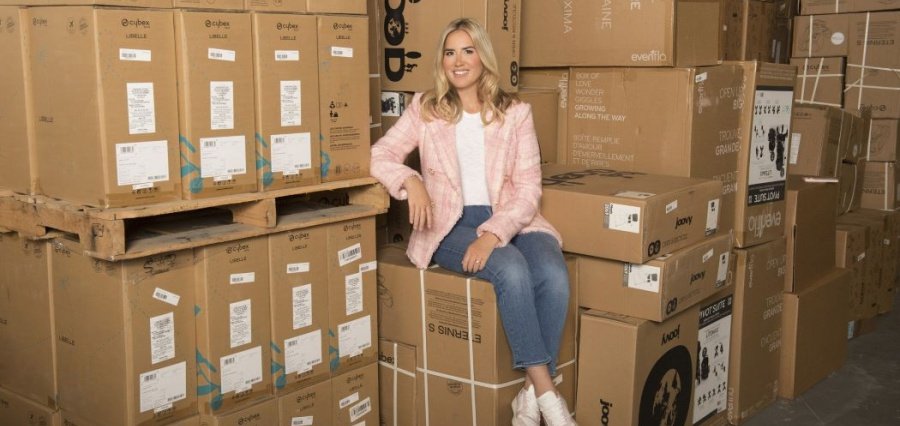According to sources, the re-commerce startup of Toronto, Rebelstork has raised$18 million USD or$24.45 million CAD in a Series A round of funding, an indication of the growth that the online marketplace has witnessed.
The all-equity round was led by Maveron Ventures, joined by existing seed investor Golden Ventures and the venture capital firms of tennis superstar Serena Williams and rapper Jay-Z—Serena Ventures and Marcy Venture Partners. In connection with this fundraise, Maveron general partner Jason Stoffer is joining its board, and Serena Ventures general partner Beth Ferreira is a board observer.
Rebelstork is going to invest the proceed in new products, expansion of operations, and hiring, mainly in tech and operations.
Founded in 2019 by CEO Emily Hosie in her maternity leave from VP of merchandising at TJX, Rebelstork platform allowed parents to purchase overstocked, open-box, or gently used baby gear at savings. In 2020, Hosie raised a CAD 2 million seed round to fuel national expansion, then followed up in 2021 with a CAD 5 million round classified as Series A, all while pregnant with her second child.
This far, Rebelstork has been able to raise $38 million USD ($51.5 million CAD). The firm has collaborated with more than 2,500 brands, such as Hudson’s Bay, Million Dollar Baby, BabyBjörn, 4moms and Target to deal with overstock and return their products. Hosie noted that the growth in revenue at Rebelstork has been going above 300 percent each year.
“We are at a very exciting juncture in retail, as mass retailers and global power brands are finally taking returns supply chains seriously,” Hosie said. “At the same time, a new generation of consumer is increasingly embracing returns e-commerce.”
The Internet-based retailing business is facing many issues since this explosion of Internet shopping incurs the cost of shipping the returned goods.
The National Retail Federation report states that consumers may return approximately $816 billion worth of merchandise sold through U.S. retail industries at 16.5 percent average return rate. Shockingly, almost one in every five returns – around 5 billion pounds-end up in landfills, it was reported in 2019.



